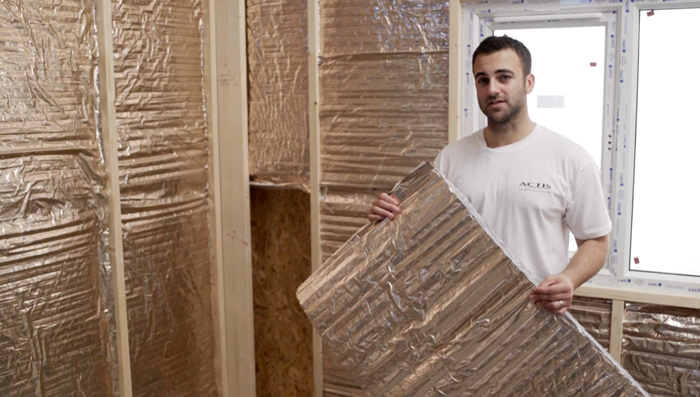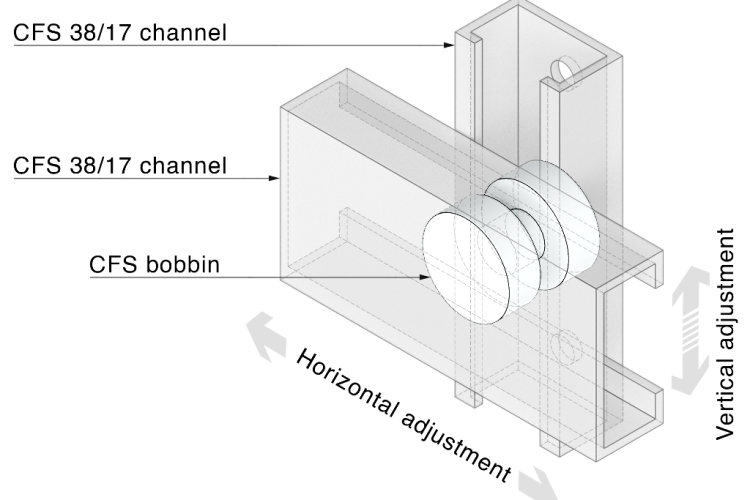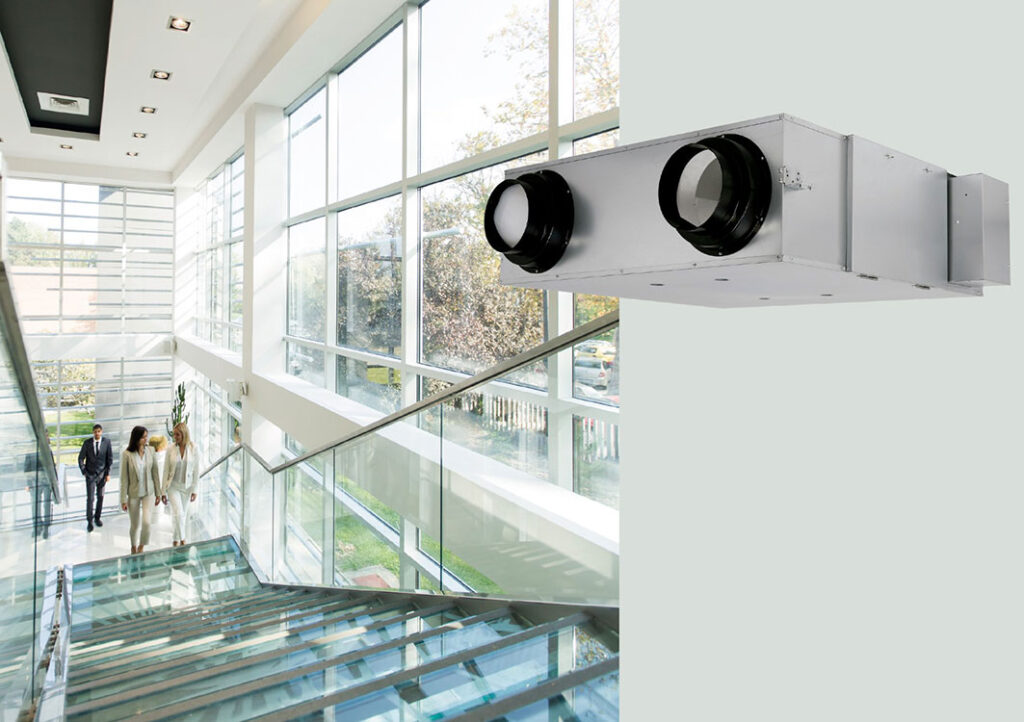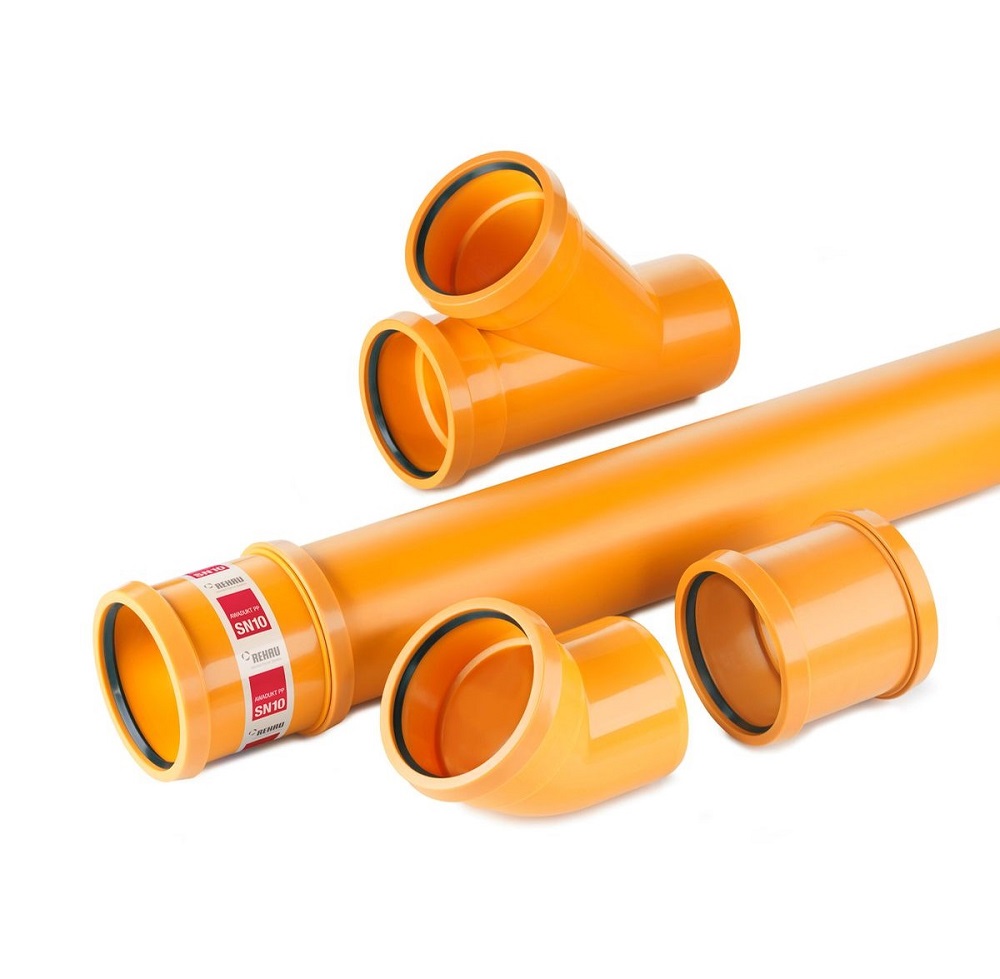Actis call to make homes cooler following heatwave death warning


Actis specification manager Dan Anson-Hart says using reflective insulation can play a small part in helping to cope with a predicted increase in heatwaves
A warning by MPs that heat-related deaths are likely to treble by 2050 has prompted Actis to reiterate its call for architects and specifiers to create homes, which stay cool in summer, as well as warm in winter.
The warning, by the government’s Environmental Audit Select Committee, follows research which suggests heatwaves will become more common in future.
Experts say prolonged increased temperatures combined with an ageing population could see ‘excess’ summer deaths rise from more than 2,000 in the heatwave of 2003 to 7,000 by the middle of the century.
The committee urges the government to take action to mitigate the effects of the extreme heat – and among measures suggested are ensuring that homes are built to remain at lower temperatures in the hot weather.
The call has been welcomed by Dan Anson-Hart, specification manager at Actis, whose Hybrid insulation products are designed to help keep houses cool in summer, as well as warm in winter.
“While using reflective insulation alone will certainly not cure the problem, it will play an important role in enabling houses to remain at a pleasant temperature,” he said.
“As well as helping homes stay warm in winter, reflective insulation technologies have the specific ability to counteract heat transfer via radiation. This helps to reflect the solar heat and keep the property at a constant low relative temperature.
“No form of insulation can address the significant effects of solar gain through windows though. Neither can it make you an ice cream when you’re hot. Even we aren’t omnipotent!”
Picture caption: Actis specification manager Dan Anson-Hart says using reflective insulation can play a small part in helping to cope with a predicted increase in heatwaves




















